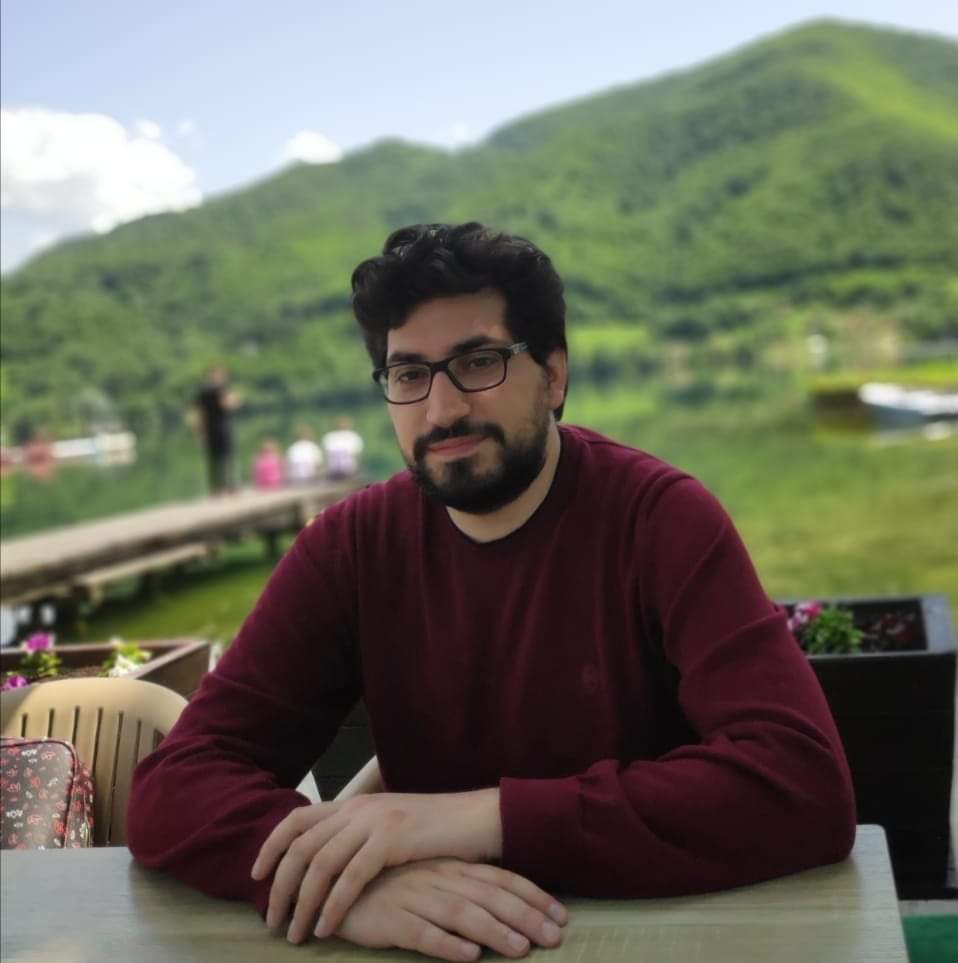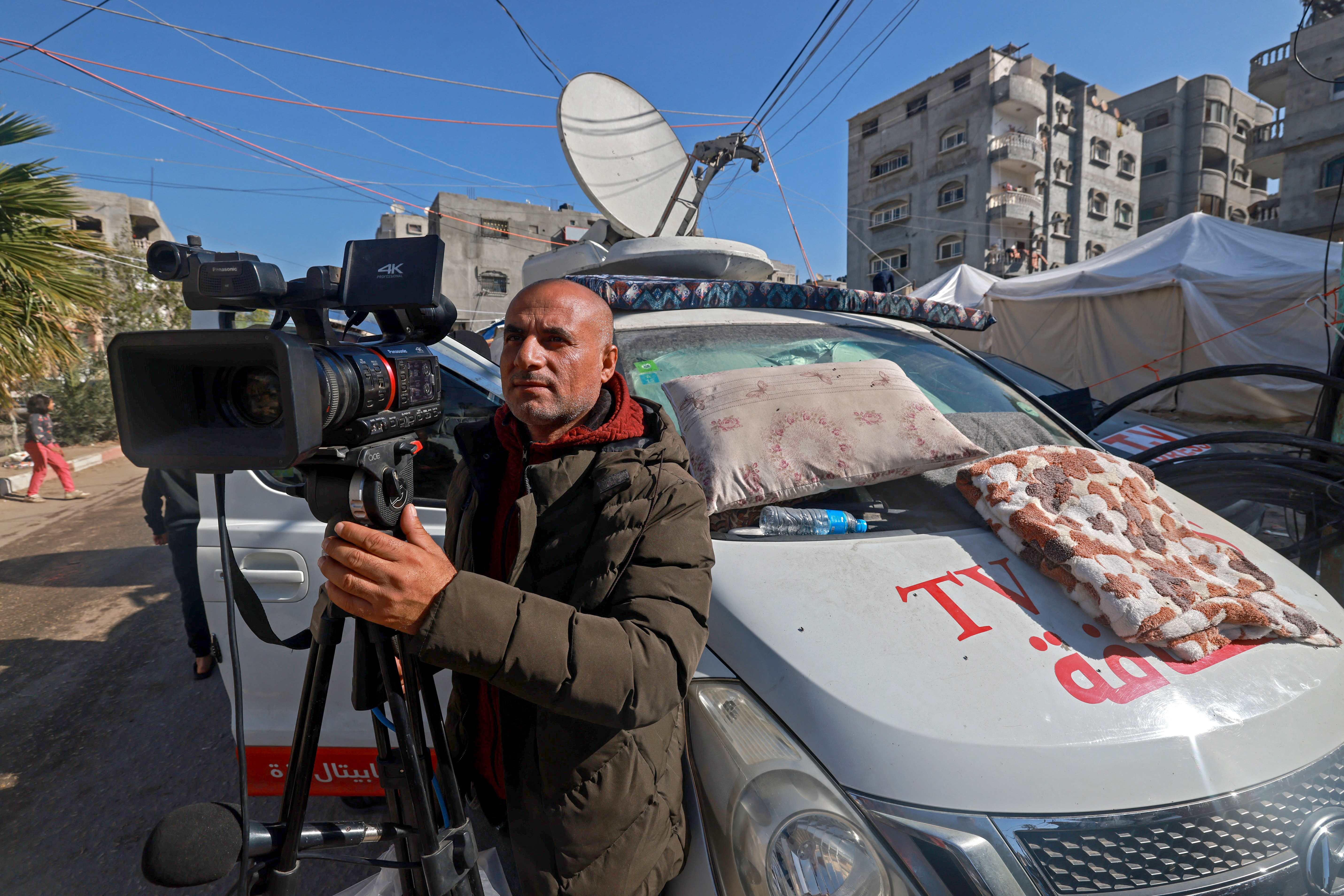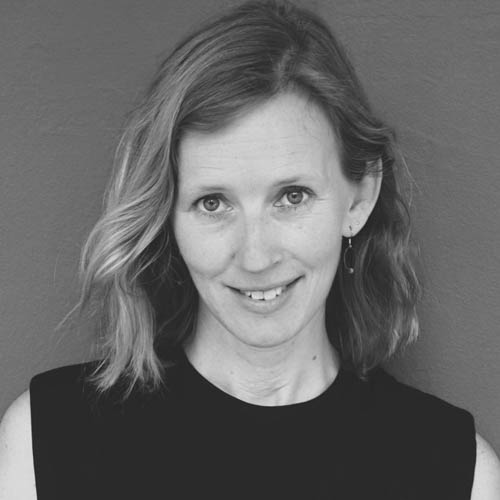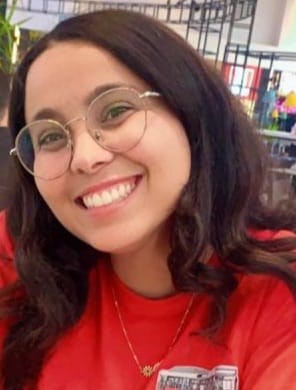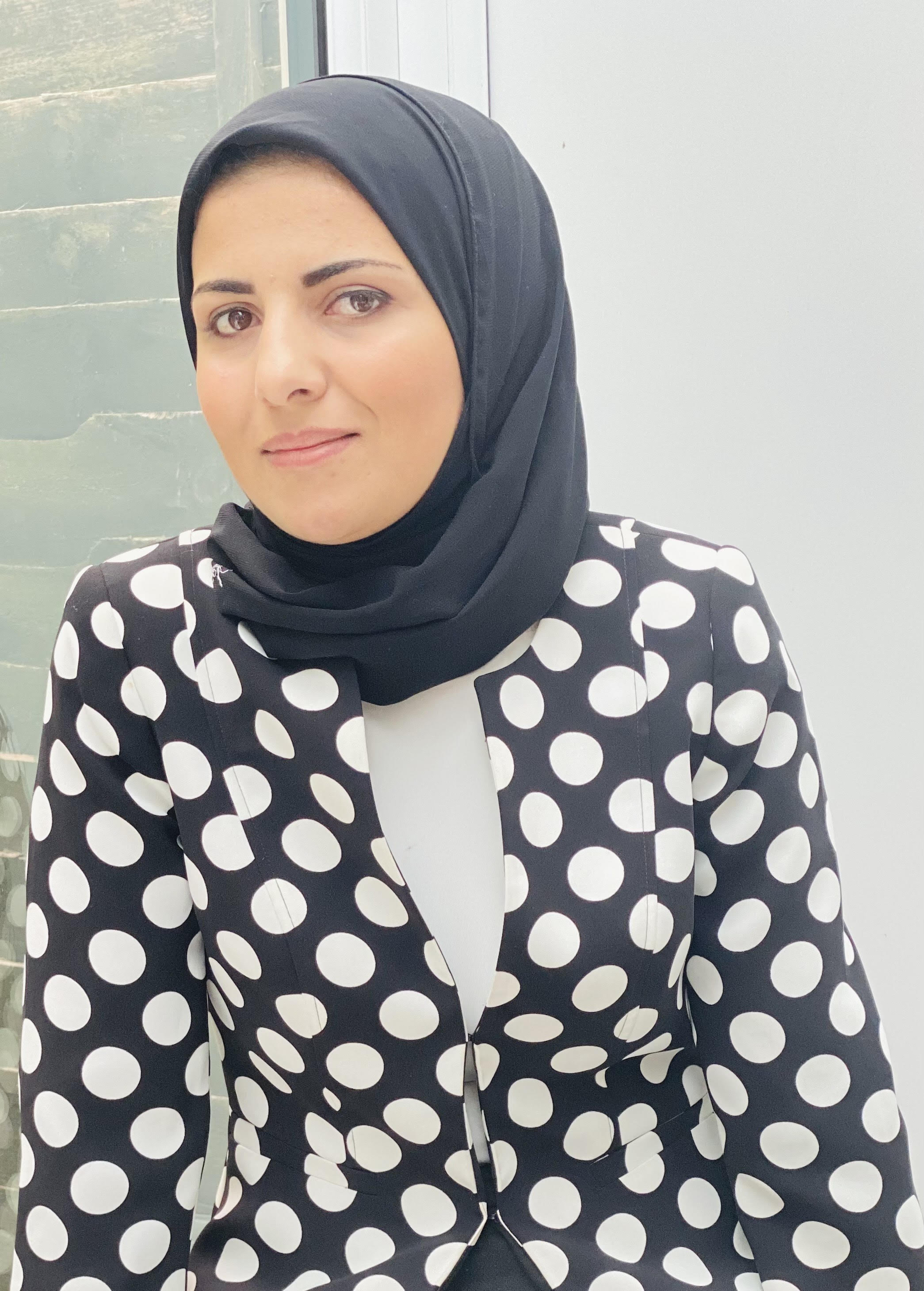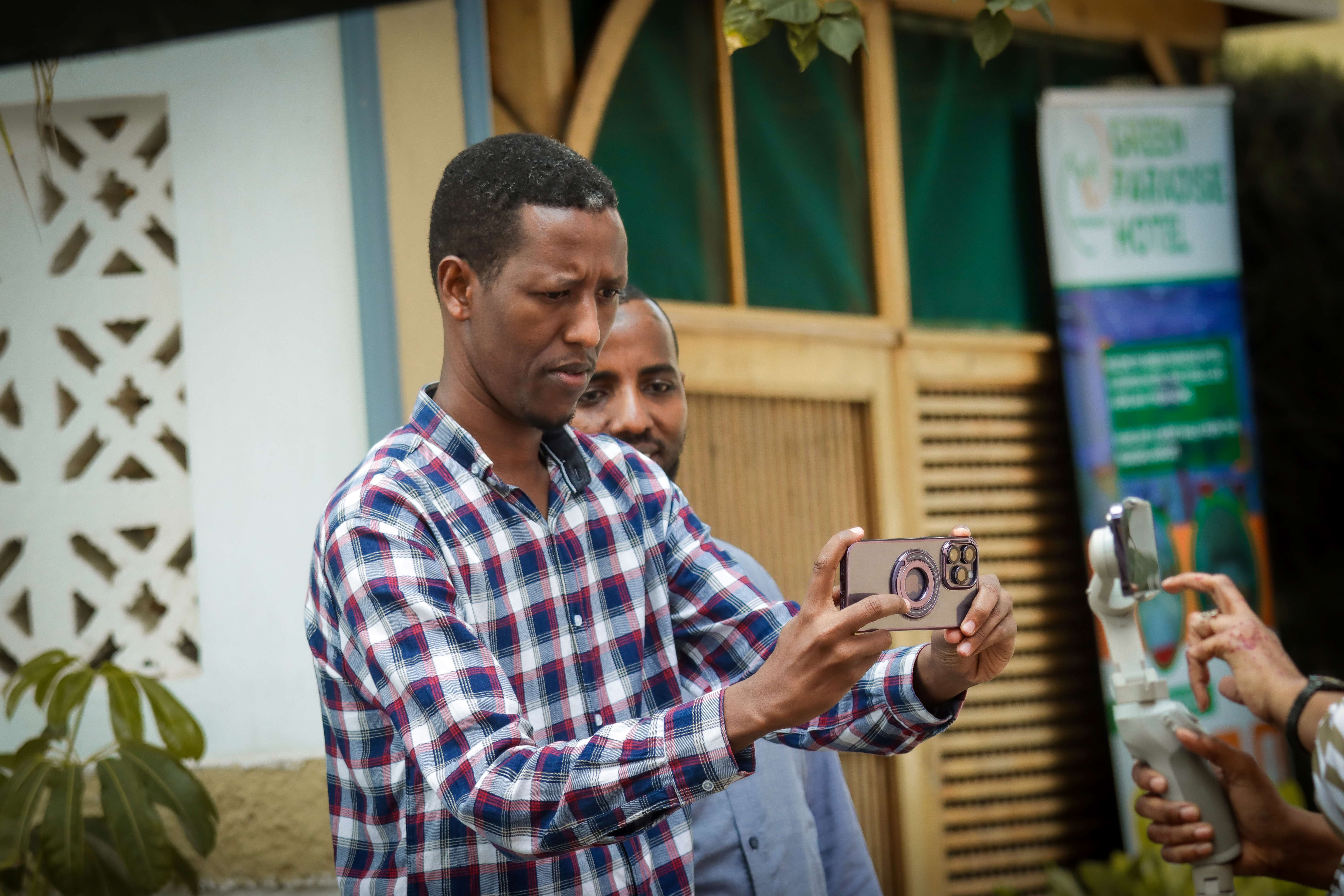This article was originally written in Arabic and has been translated into English with the assistance of AI tools and edited to ensure clarity and accuracy
Narration in journalism thrives when it's grounded in fieldwork and direct engagement with the story. Its primary goal is to evoke impact and empathy, centred on the human experience. However, the Arab press has often shifted this focus, favouring office-based reporting over firsthand accounts, resulting in narratives that lack genuine substance.
She pointed her hand toward the cassette tapes, saying, “Not this one, my dear. The one behind it.” I flipped through them delicately, glancing at her face after passing each new tape to catch her expressions. My grandmother was deeply passionate about Quranic recitations, a memoriser of many verses, and blessed with a captivating voice. Before her passing, I loved spending time with her. She was not a woman of many words, but when she talked, the space around her would be filled with an enchanting presence.
At the end of a long day, I would help her lie on the bed, me next to her while leaving space to adjust the radio more easily, and we would listen to stories and Qur'anic recitations. She taught me the art of listening attentively, making the Qur'an even more beautiful, and would share wondrous tales of her everlasting love for its recitation.
This woman knew how to tell a story quite exquisitely and with endless passion. In the months leading to her death, she began to lose her memory gradually. I once asked her where she had gathered all those stories she used to tell us.
She gestured towards the mountain stretching before the balcony of my parents’ house. My mother was seated between us.
“The world is vast, my dear. Look, and the stories will come to you.”
The world of journalism is vast, with stories waiting to be discovered and shared. Journalists dedicate themselves to storytelling, harnessing media's power to inform, inspire, and shape our understanding of the world around us.
The Journalist’s Mind: Where Observations Become Stories
For a journalist, the field is an eternal, ongoing concept that is not confined by working hours or geographical boundaries. A journalist lives in a constant state of observation, storing scenes and conversations that may often seem ordinary. Everything happening around them is a potential journalistic story. This next story or observation may someday enrich a narrative, usually unrelated to the original subject. Over time, this becomes an automatic process.
Thus, the construction of a journalistic story begins long before arriving at the field. It starts the moment the journalist decides to work on a topic. The story is built haphazardly, drawing on stored observations and events. This chaotic archive must be sifted through to unearth something extraordinary.
Once the journalistic topic is determined, geographical limitations for observations dissolve. Everything before and after arriving at the event scene may become part of the story. The taxi driver and his car, the bakery, and even the women hanging laundry all become part of the journalist's lens.
While the central question is crucial, it is not sufficient to produce a solid narrative. Many observations might initially seem irrelevant—ordinary things we encounter daily. That's fine, as they will later undergo organisation and elimination. During writing, the observations converge, and the irrelevant ones discard themselves.
The process of constructing a journalistic story begins before even setting off for or arriving at the field, starting the moment the journalist decides to work on their subject.
Who Tells the Story?
Observations guide the journalist towards the story’s makers, its protagonists, and the collective narrators. Listening accompanies the journey of crafting a journalistic story, listening to the silence (or noticing it) just as much as listening to the stories that unfold along the way. The journey here refers to the journalist's literal and figurative path to and within the field. The story’s protagonists are not necessarily the direct actors of the event. Sometimes, the story lies on the periphery, which necessitates avoiding the trap of focusing solely on the “central heroes,” as the event might occur where we least expect it.
Journalistic storytelling is a journey filled with surprises—a wonder box that can only be unlocked with an ever-watchful eye and an attentive ear. There are many characters in the narrative, and with them, the core question will take on multiple forms. With each shift in the question, the field’s protagonists will be reassigned roles, from extras to central figures, with some being excluded during the writing phase. This stage also reveals which individuals the journalist needs to interview and probe further. Many will fade away while listening, while others will rise to the surface, demanding the journalist’s attention.
Interviews, in turn, require listening and a more solid foundation than mere random conversation. An interview needs a focal point around which the journalist circles with their questions, drawing the interviewees into the core of what is being sought. Interviews aim to fill gaps, provide clear and direct answers to the journalist’s questions, and help connect the dots in this puzzle or narrative. But how do the elements of this narrative come together? How does the journalist piece them together, and where do they begin the search? Most importantly, how do they know when to stop?
Every journalistic narrative requires stepping beyond immediacy. Visiting the archives before and after returning from the field is essential. A journalist’s understanding of and familiarity with their field, as well as a deep reading of it, will make observations and characters more precise and effective. The archives, too, can play a vital role in the writing process. If the journalist is fortunate, they might stumble upon a piece of news in the archives that becomes the entry point for their story. Citing it requires a narrative craft, offering a robust foundation for any journalistic account.
After the archive visit and field gathering, how does the journalist tell the story? How do they prioritise data, distinguishing importance? It's necessary first to accept that every journalistic tale originates from the self. The self cannot be absent; harnessing it is crucial to support the narrative skilfully.
The presence of the self varies in degree and form, but one constant remains: it is always there, and everything revolves around it. The self is central to crafting the journalistic story. Here, the discussion isn’t limited to the journalist’s “self” but also includes other forms of “self” that may compete (or align) in shaping the story. Only the journalist’s awareness of these presences can rein them in and define the limits of their influence.
The journalist stands at the heart of their story’s details. Objectivity lies in handling their "self," as the journalist is a bridge for the narrative, not the ground it stands on. They choose questions, characters, and observations; they construct the narrative. Adhering to non-negotiable rules ensures accurate transmission of field observations. A single decision to omit or emphasise data could distort the original story.
To safeguard journalistic storytelling from drowning in the debate over objectivity, the journalist must fully grasp that the story is not about their journey to the field but about the field itself.
The presence of the self varies in its degrees and forms, but one constant remains—it is always there, and everything revolves around it.
Writing or Sifting: Crafting the Narrative
What the journalist carries with them on their way to the field is not necessarily what will accompany them during the writing phase. Attempting to understand the field from a distance doesn't compare to discovering it live. Questions fall away or reassemble upon event engagement. The journalist should surrender to the field without rigidly clinging to preconceived narratives while maintaining core principles.
The field, or the direct engagement with the story, can shape the most relevant and urgent questions and create a specific hierarchy of priorities. The journalist must collect as much as possible. These materials will go through a sifting process, either preceding or accompanying the writing. Upon returning from the field, the journalist will carry a pile of observations, interviews, and scattered conversations. There will be a semblance of clarity in their mind, though in reality, they possess a multitude of materials requiring processing.
This is a puzzle in which the journalist must decide what elements can collectively narrate what they saw, heard, and documented. It is journalistic storytelling, neither a sermon nor a guide, but rather an accumulation and condensation that allows the reader to grasp the intended story intuitively and profoundly.
The protagonists of the story are not necessarily the direct actors of the event. Sometimes the story lies on the periphery, necessitating caution against falling into the trap of "hero centrality," as the event might occur where we least expect it.
My grandmother often recounted the story of a man from our village who was coldly killed by the Israeli occupation while heading to his field early one morning. Each time she retold the story, she would add a small new detail. Every time, I thought the story was now complete: the wife’s screams, the blood splattered on her face and on the tobacco leaves, the soldiers’ words after they killed him, the villagers rushing to the scene, and so on. Every time, there was a new detail, and every time, I believed I now had the whole story.
My grandmother passed away, but to this day, my mother continues to add elements to the same story, making it even more dramatic and tragic.
This is the nature of stories—endless and boundless. They consist of details, branches, words, and images.
Only the storyteller can write the story. With the information they possess, only they know where to begin and how to end it.
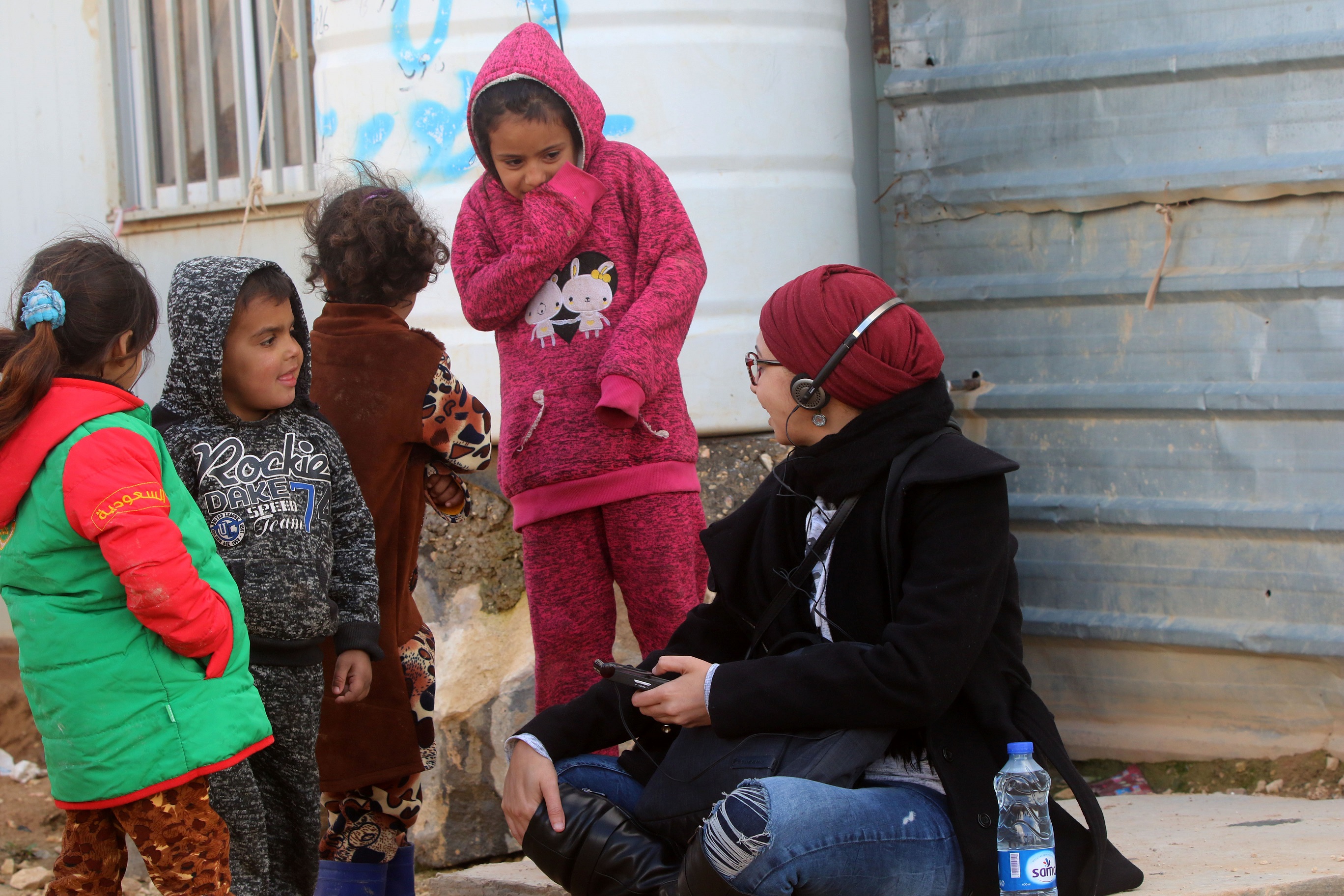



![Palestinian journalists attempt to connect to the internet using their phones in Rafah on the southern Gaza Strip. [Said Khatib/AFP]](/sites/default/files/ajr/2025/34962UB-highres-1705225575%20Large.jpeg)




























